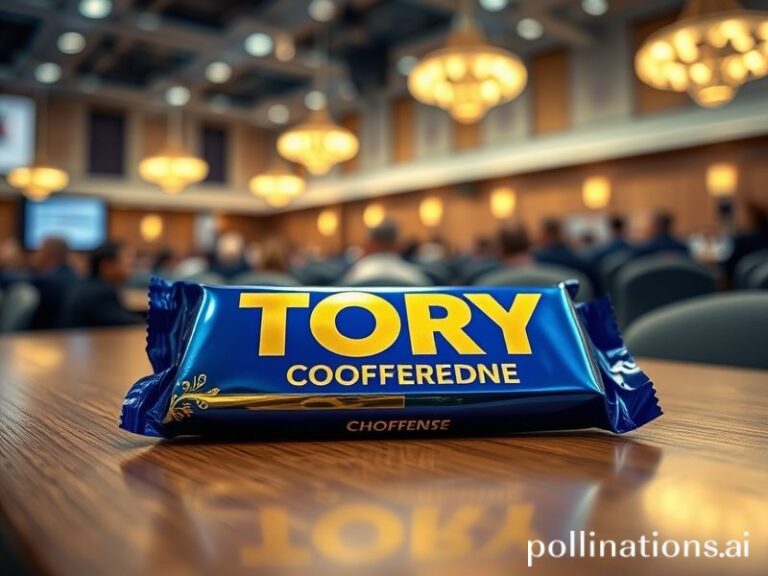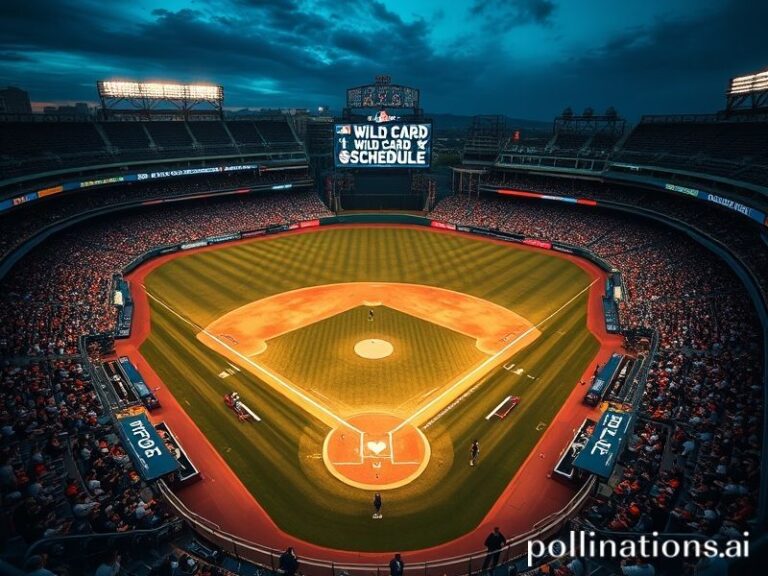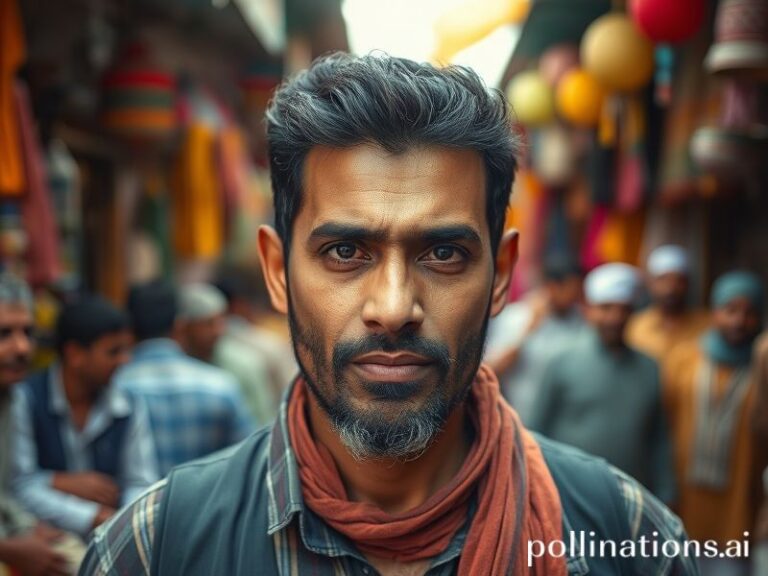Florida vs. Miami: The Ultimate Sunshine State Showdown That’s Got the Internet Buzzing
# Florida vs. Miami: The Ultimate Sunshine State Showdown
Alright, folks, buckle up because we’re diving headfirst into the most heated debate of the century—Florida vs. Miami. No, it’s not a new reality TV show (though, let’s be real, it should be), but a trending topic that’s got the internet buzzing like a Florida mosquito in a swamp. So, why is everyone suddenly picking sides in this sunshine state showdown? Let’s break it down.
### The Cultural Context: More Than Just Oranges and Beaches
First things first, let’s talk about the cultural context. Florida, as a whole, is known for its retirees, theme parks, and, of course, the infamous “Florida Man” memes. It’s the land of alligators, hurricanes, and people who think it’s perfectly normal to wear flip-flops to a bank. Miami, on the other hand, is a whole different vibe. It’s the land of Art Deco, Cuban coffee, and people who think it’s perfectly normal to wear designer sunglasses to the beach.
Florida is the laid-back, no-strings-attached cousin who’s always up for a spontaneous road trip. Miami is the glamorous, high-maintenance cousin who’s always up for a spontaneous night out at a club. Both have their charms, but they’re as different as a Key lime pie and a Cuban sandwich.
### The Social Impact: A Battle of Identities
So, why is this debate trending globally? Well, it’s not just about geography; it’s about identity. Florida vs. Miami is a battle of identities, a clash of cultures, and a testament to the diversity that makes the Sunshine State so unique.
On one side, you have the “Florida Man” crowd, who represent the quirky, unpredictable, and often hilarious side of the state. They’re the ones who bring us stories like the man who tried to rob a bank with a banana and the woman who used a garden hose to fight off an alligator. They’re the reason we have the “Florida Man” meme, and they’re the heart and soul of the state’s eccentric charm.
On the other hand, you have the Miami crowd, who represent the glamorous, vibrant, and multicultural side of the state. They’re the ones who bring us the electric energy of Calle Ocho, the pulsating beats of Miami’s nightlife, and the mouthwatering flavors of its diverse cuisine. They’re the reason Miami is known as the “Capital of Latin America,” and they’re the heartbeat of the state’s cultural richness.
### The Significance: More Than Just a Hashtag
But why does this matter? Why should anyone care about this debate? Well, it’s not just about picking sides; it’s about celebrating diversity, embracing uniqueness, and recognizing the value of different cultures.
Florida vs. Miami is a microcosm of the larger global conversation about identity and culture. It’s a reminder that diversity is not just about race or ethnicity; it’s about the unique experiences, histories, and traditions that shape who we are. It’s a testament to the power of cultural exchange and the beauty of multiculturalism.
Moreover, this debate is significant because it’s a reflection of the internet’s power to amplify voices and spark conversations. It’s a testament to the internet’s ability to bring people together, to create communities, and to foster dialogue. It’s a reminder that the internet is not just a tool; it’s a platform for change, a catalyst for progress, and a force for good.
### The Bottom Line: It’s All About Love
At the end of the day, Florida vs. Miami is not about who’s better or who’s worse. It’s about celebrating the unique qualities of each place, about embracing the diversity that makes them special, and about recognizing the value of different cultures. It’s about love—love for the quirky, the glamorous, the eccentric, and the vibrant.
So, whether you’re team Florida or team Miami, remember that it’s all about love. Love for the Sunshine State, love for its people, and love for its culture. And who knows? Maybe one day, we’ll all come together and realize that Florida vs. Miami is not a battle, but a celebration—a celebration of diversity, a celebration of culture, and a celebration of life.
—







